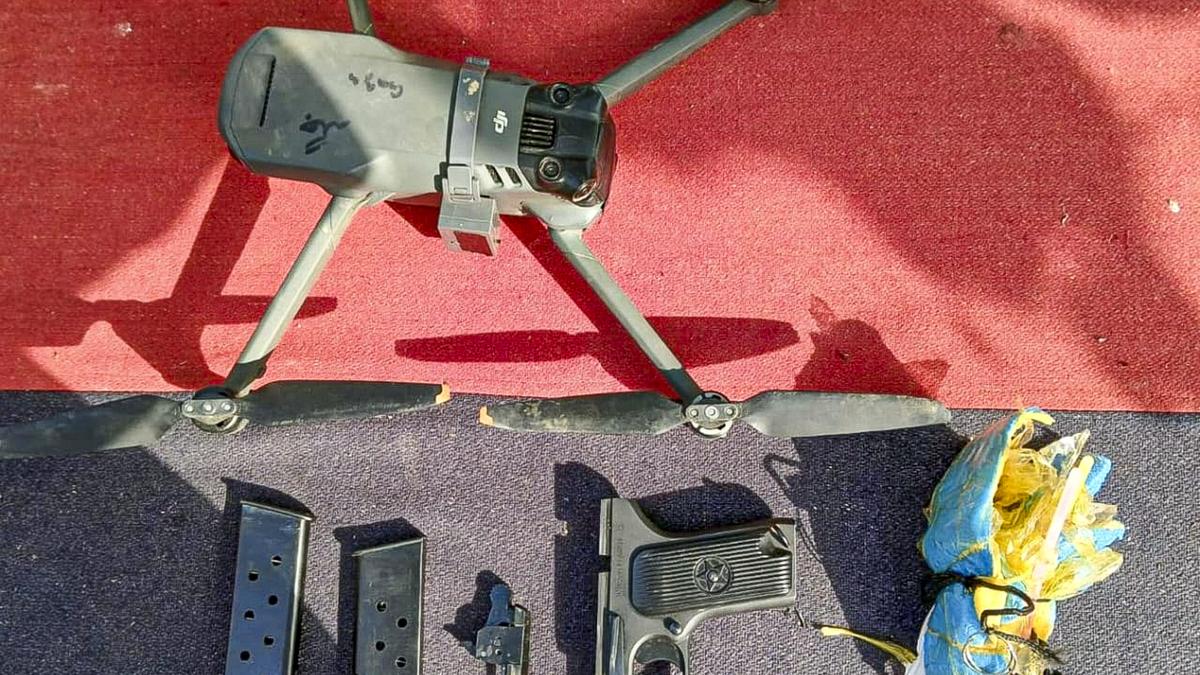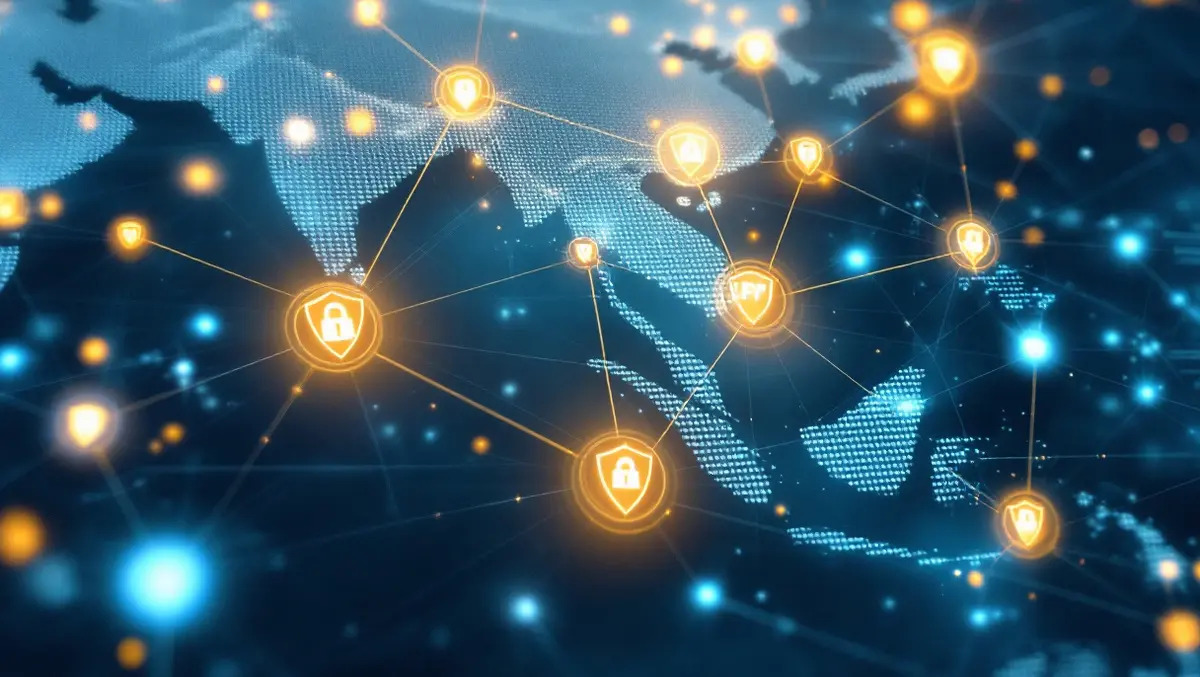Drone-driven drug smuggling cases along India-Pakistan border skyrocket from three in 2021 to 179 in 2024, says NCB report
By Devesh K. Pandey
Copyright thehindu

There has been a dramatic increase in the drone-driven drugs drops along the India-Pakistan border in Punjab, with the number of seizures skyrocketing from just three cases in 2021 to 179 in 2024, according to the Narcotics Control Bureau (NCB) annual report released on Tuesday (September 16, 2025).
“The use of drones for cross-border smuggling of narcotics has emerged as a significant threat to India’s internal security, particularly along the Indo-Pak border in Punjab…there has been a sharp increase in drone sightings and recoveries of narcotics in border districts such as Amritsar, Tarn Taran, Ferozpur, and Gurdaspur. In 2024, the number of such seizures rose manifolds reaching 179 cases as compared to 3 cases in 2021. The recovered consignments often include heroin, opium, etc.,” said the report.
The report said the drug law enforcement agencies instituted 96,930 cases across India and arrested more than 1.22 lakh people, including 660 foreign nationals from more than 36 countries, last year. Among those held were 203 from Nepal and 106 from Nigeria.
The agencies confiscated about 13,306 quintals of narcotic substances. Cannabis, in various forms, accounted for about 41% of total seizures (5,40,810 kg) and opiates, including heroin, about 39%. In 2023, they had registered over 1.09 lakh cases and arrested 1,32,954 individuals.
Last year, the NCB registered 417 cases and arrested 588 accused compared to 375 cases and 574 arrests in 2023. It made seizure of various narcotics including 17,420 kg of ganja, 3,391 kg of hashish, 170 kg of heroin, 11,376 kg of acetic anhydride (precursor chemical for heroin processing), and 88 kg of cocaine besides other drugs/narcotics. While the agency filed 288 complaints, the total number of NCB cases pending trial was 2,509 as on December 31. In 110 cases, it secured favourable judgments amounting to 60.77% conviction rate.
About the current trends, the report noted the emergence of darknet markets and cryptocurrency-based transactions. The NCB has registered 96 cases between 2020 to 2024 involving the darknet and cryptocurrencies.
The report emphasised that coastal routes (Mumbai, Gujarat, Kerala, and Tamil Nadu) are being increasingly exploited for smuggling of synthetic drugs and precursors. “India’s strategic location in the Indian Ocean region positions it as a key transit hub for Afghan heroin trafficked via the southern route. The ‘Death Crescent (Afghanistan, Pakistan, Iran)’ remains the primary source of heroin, ATS (Amphetamine-Type Stimulants) and hashish entering the country through western coast, while the ‘Death Triangle (Myanmar, Thailand, Laos)’ serves as the main supplier of synthetic drugs, particularly methamphetamine smuggled through India’s eastern coast.”
The major ports used by traffickers for loading the drugs include Chabahar (Iran); Gwadar and Karachi (Pakistan). In 2024, maritime seizures amounted to 10,564 kg (excluding 94,19,000 NRX tablets and 1000 injections), representing nearly 500-fold surge as compared to 2019. The agencies registered 10 cases related to maritime seizures and arrested 43 accused last year, compared to seven cases and seven arrests in 2023. In 2022, 25 cases and 79 arrests were reported.
In 2024, 1,483 kg of cocaine was seized by different agencies, representing a staggering increase of about 78 times more than the quantity seized in 2020 and about five times higher than in 2023. The number of registered cases nearly doubled compared to 2020, but remained relatively consistent with 2023. Major interceptions were reported in Delhi and Maharashtra.
The agencies seized 8,406 kg of ATS in 2024, which was nearly a five-fold increase compared to 2020 figures. The confiscation of other drugs, including synthetic drugs and precursor chemicals, marked a significant rise from 2,075 kg in 2023 to 15,424 kg in 2024. Pharmaceutical diversion also showed a marked upward trend with over 2.43 lakh-kg seizure effected in 2024, nearly a five-fold increase from 2019. Besides, more than 2.75 lakh pharmaceutical injections were impounded last year.



